MEMANTINE - ORAL
PHONETIC PRONUNCIATION: (MEM-an-teen)
COMMON BRAND NAME(S): Namenda
GENERIC NAME(S): memantine HCl
Uses
USES: Memantine is used to treat moderate to severe confusion (dementia) related to Alzheimer's disease. It does not cure Alzheimer's disease, but it may improve memory, awareness, and the ability to perform daily functions. This medication works by blocking the action of a certain natural substance in the brain (glutamate) that is believed to be linked to symptoms of Alzheimer's disease.
How to use MEMANTINE - ORAL
HOW TO USE: Read the Patient Information Leaflet if available from your pharmacist before you start taking memantine and each time you get a refill. If you have any questions, ask your doctor or pharmacist. Take this medication by mouth with or without food as directed by your doctor. The dosage is based on your medical condition and response to treatment. When you first start taking this medication, you will usually take it once daily. To reduce your risk of side effects, your doctor may direct you to start this medication at a low dose and gradually increase your dose. Follow your doctor's instructions carefully. Once your dose increases to more than 5 milligrams per day, take this medication twice daily or as directed by your doctor. If you are taking memantine oral liquid, read the manufacturer's instruction sheet that comes with the bottle. Follow the directions exactly. Use the oral syringe that comes with the product to measure out your dose. Do not use a household spoon because you may not get the correct dose. Swallow the medication directly from the syringe. Do not mix it with water or other liquids. Rinse the syringe with water after each use. Consult your doctor or pharmacist if you have any questions. Use this medication regularly to get the most benefit from it. To help you remember, take it at the same time(s) each day. Tell your doctor if your condition worsens.
Side Effects
Precautions
Interactions
Overdose
Images
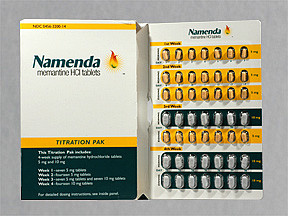
- color
- multi-color (2)
- shape
- oblong
- imprint
- 5 or 10, FL
Reviews
Faq for MEMANTINE - ORAL
Memantine is an oral medication that is used to treat moderate to severe Alzheimer's disease.
Memantine works by blocking the action of a chemical messenger called glutamate in the brain. This helps to reduce the abnormal activity in the brain that is associated with Alzheimer's disease.
Common side effects of memantine include dizziness, headache, constipation, confusion, and drowsiness.
The effects of memantine may not be noticeable right away. It usually takes a few weeks to see any improvement in symptoms.
It is important to inform your healthcare provider about all the medications you are currently taking, including prescription and over-the-counter drugs, as memantine may interact with certain medications.
If you miss a dose, take it as soon as you remember. However, if it is close to the time for your next dose, skip the missed dose and resume your regular dosing schedule. Do not double dose to make up for a missed dose.
No, memantine is not considered addictive. It does not produce a "high" or a sense of euphoria, and it is not classified as a controlled substance.
Memantine is generally taken for as long as the healthcare provider determines it is necessary to manage the symptoms of Alzheimer's disease. Treatment duration may vary depending on the individual.
While memantine is primarily used for Alzheimer's disease, it has also shown potential efficacy in the treatment of other neurological disorders such as Parkinson's disease and vascular dementia. However, these uses are not as well-established as its use in Alzheimer's disease.
Disclaimer
IMPORTANT: HOW TO USE THIS INFORMATION: This is a summary and does NOT have all possible information about this product. This information does not assure that this product is safe, effective, or appropriate for you. This information is not individual medical advice and does not substitute for the advice of your health care professional. Always ask your health care professional for complete information about this product and your specific health needs.
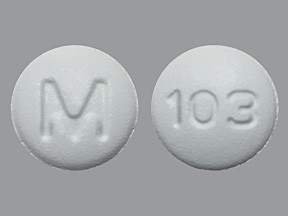
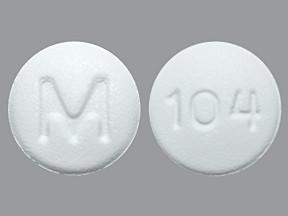
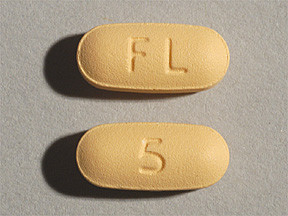
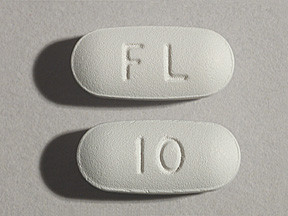
No Reviews Yet